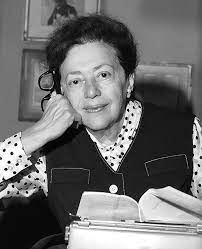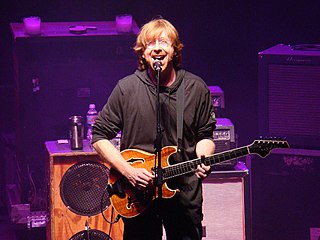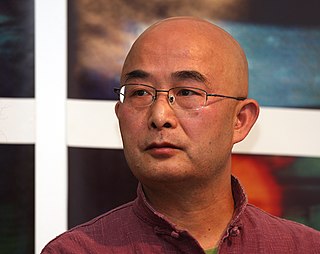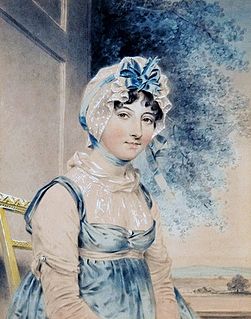A Quote by Boris Pasternak
During the last years of Mayakovski's life, when all poetry had ceased to exist . . . literature had stopped.
Related Quotes
A life without pain: it was the very thing I had dreamed of for years, but now that I had it, I couldn’t find a place for myself within it. A clear gap separated me from it, and this caused me great confusion. I felt as if I were not anchored to this world - this world that I had hated so passionately until then; this world that I had continued to revile for its unfairness and injustice; this world where at least I knew who I was. Now the world ceased to be the world, and I had ceased to be me.
[On Marilyn Monroe:] I think my response to her death was the common one: it came to me with the impact of a personal deprivation but I also felt it as I might a catastrophe in history or in nature; there was less in life, there was less of life, because she had ceased to exist. In her loss life itself had been injured.
My life has had a lot of fits and starts: before I studied literature at all I was a musician, and began undergrad as a conservatory student. I started studying literature in my third year of college, when I took a poetry course with James Longenbach that was pretty extraordinary. It changed my life.
In colonial America, the father was the primary parent. . . . Over the past two hundred years, each generation of fathers has hadless authority than the last. . . . Masculinity ceased to be defined in terms of domestic involvement, skills at fathering and husbanding, but began to be defined in terms of making money. Men had to leave home to work. They stopped doing all the things they used to do.
When I started to take literature and poetry classes, I just started to get inspired by these new incredible works of art that I had never seen or heard of before. I wrote a lot of bad high-school poetry, just like pretty much everyone did, I think, at some point. For me, the inspiration never really stopped.
A simple woman down in Tyngsborough, at whose house I once stopped to get a draught of water, when I said, recognizing the bucket, that I had stopped there nine years before for the same purpose, asked if I was not a traveler, supposing that I had been traveling ever since, and had now come round again.
Two years ago I was on the train from Berlin to Frankfurt when I heard that the Nobel Peace Prize had been awarded to my close friend, the writer Liu Xiaobo, who is imprisoned in China. To me it was confirmation that universal values and a moral code do exist, and that the point of the Nobel Prize is to encourage writers to stand up for this moral code. Last Thursday I was once again on the train from Berlin to Frankfurt when I heard that the Nobel Prize for Literature had gone to Mo Yan. He is a state poet. I am utterly bewildered. Do these universal values not exist after all?
This is going to sound nuts but it took me forever to figure out why I'd stopped writing poetry - I mean, I went about a decade where I wrote very little poetry and I thought it was because I was doing a weekly blog. And then when we moved, I reconfigured my writing desk. The previous one had had very little space to write by hand. And suddenly, the poetry was gushing!
I had no one to help me, but the T. S. Eliot helped me. So when people say that poetry is a luxury, or an option, or for the educated middle classes, or that it shouldn’t be read at school because it is irrelevant, or any of the strange stupid things that are said about poetry and its place in our lives, I suspect that the people doing the saying have had things pretty easy. A tough life needs a tough language – and that is what poetry is. That is what literature offers – a language powerful enough to say how it is. It isn’t a hiding place. It is a finding place.
The lonely reality of the truth-that the most important person in your life suddenly ceased to exist. Which on a bad day meant maybe she had never existed at all. And on a good day, there was the other fear. That even if you were a hundred percent sure she had been there, maybe you were the only one who cared or remembered.







































